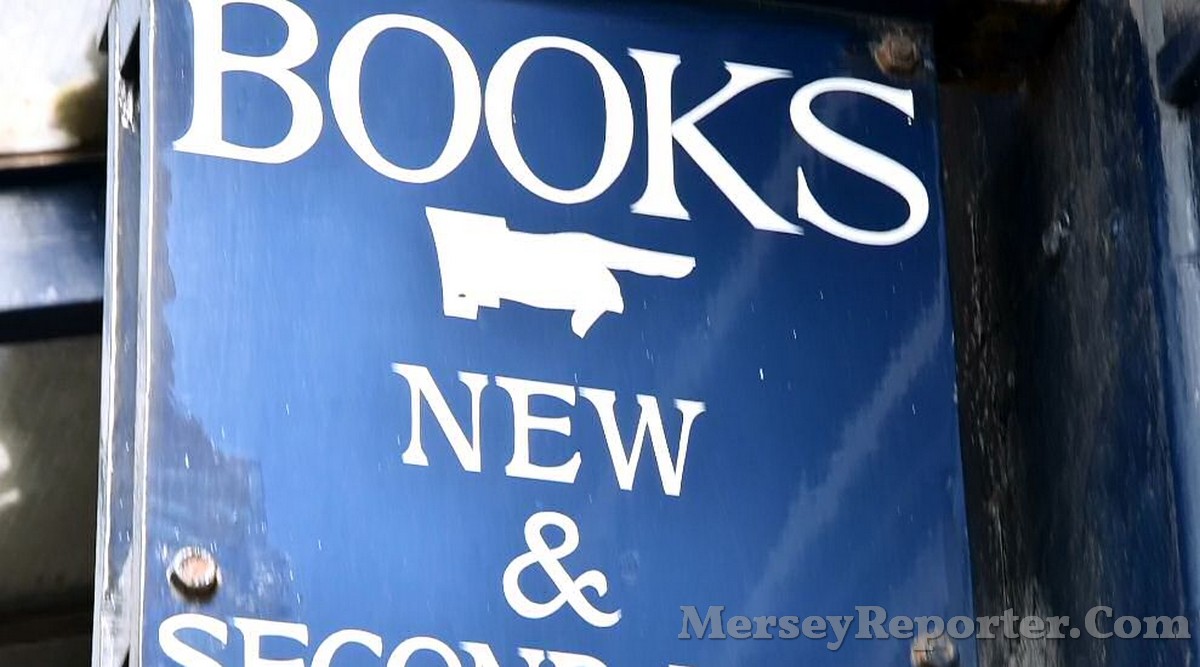Unfunded National Living Wage increases would risk local services and jobs
IN the Spring Statement, the
Government reiterated its target for the NLW to
reach 2 thirds of median earnings by 2024. The most
recent forecasts published by the Low Pay Commission
indicate that the NLW could increase by almost 20%
in the next 2 years.
The LGA said bringing the pay of the lowest paid
Council staff in line with these forecasts would
cost almost £400 million. The true cost is likely to
be significantly higher given the knock on impact of
the dramatic rise in minimum pay levels on other
local Government pay grades and the increased cost
of commissioned or outsourced services, such as
adult social care.
Without central Government support to cover the
cost, the LGA said Councils will be unable to keep
pace with stark NLW increases without having to take
the drastic decision to cut services and/or jobs.
The LGA analysis on the National Living Wage forms
part of a wider set of findings around the impact of
energy prices and inflation on Council budgets this
year, to be published at its Annual Conference next
week.
The LGA estimates that 35% of local Government staff
could end up paid no more than the NLW by 2024
unless additional funding is secured. This would
cover almost all non teaching staff in Schools as
well as:- social care workers, library teams,
catering staff and entry roles for professions such
as planning, and environmental health.
Even before the revised forecast for the NLW, an LGA
workforce survey found 15% of Councils were already
considering having to reduce staffing numbers. 6 in
10 Councils said the workforce capacity of their
Council to deliver services was a moderate or large
concern.
Cllr Andrew Western, Chair of the LGA's Resources
Board, said:- "Councils know this year will
be tough for many, especially those on the
lowest incomes. Supporting those on the lowest
pay is not only fair but improves the
motivation, loyalty, productivity, and retention
of hard working Council staff. However, staff
pay makes up a huge proportion of Councils'
costs and it is clear that the rising cost of
living is going to have a huge knock on impact
on pay pressures for local Government. The
forecasted sharp rise in the National Living
Wage; if unfunded; would hit Council budgets
hard and put services at risk. Only by fully
funding the cost, can central Government ensure
Councils can continue to protect vital services;
such as:- adult social care, homelessness
support, collecting bins and filling potholes,
and the jobs of the front line public sector
workers that deliver them."
Independent bookshop challenges High Street dyslexia exclusion
A leading
UK independent bookshop has called out major book
publishers for not doing enough to support dyslexic
readers.
Books on the Hill, located in Clevedon, North
Somerset, established the BOTH Press publishing
house to fund and produce larger font books aimed at
dyslexic readers.
The social enterprise was launched in direct
response to the absence of dyslexic friendly fiction
for adults in UK bookshops.
The UK Government reports that 10% of the UK
population is dealing with dyslexia. It's estimated
up to 1 in every 10 people in the UK has some degree
of dyslexia. 1 in 6 adults has the reading level of
an 11 year old.
On a global scale, between 5% to 10% of the
population are suffering from dyslexia. 85 percent
of parents report their children feel embarrassed by
their dyslexia.
BOTH Press held its 1st Kickstarter campaigner in
2021, successfully raising £6,300 and publishing8
dyslexic friendly fiction titles, including:- The
Man Who Would Be King by Rudyard Kipling.
The team launched their 2nd Kickstarter:- "Open
Dyslexia - the sequel" on 7 June and this will run
until 4 July 2022, with an aim of raising £16,000.
It aims to publish8 more titles of high quality
fiction from bestselling authors such as Bernard
Cornwell, Peter James and Arthur Conan Doyle.
Dyslexia friendly titles have larger fonts in
Verdana, which is easier to read, and thicker paper
so the ink does not bleed through from the other
side. Book pages are cream coloured rather than
white, providing a greater contrast for dyslexic
readers to make out the text more easily, and there
are larger gaps between sentences and paragraphs.
BOTH Press will need more than £20,000 a year to
keep publishing dyslexia friendly titles regularly.
All funds go toward the book production and life
cycle to make them readily available.
BOTH Press hopes the fundraiser's success will
encourage the:- "Big 5" UK publishers
to reconsider the commercial viability of bespoke
dyslexia friendly titles for a massive untapped
market of adult dyslexic readers.
Books on the Hill is managed by Dr Alistair Sims who
created BOTH Press. Dr Sims receives no profits from
the project.
BOTH Press has had many heart-warming responses
about how the books have impacted the lives of adult
readers with an easier, more comprehensible and
enjoyable leisure read.
Dr Alistair Sims, founder and manager of Books on
the Hill and BOTH Press, said:- "Many
individuals who have told us their stories do
not want to be mentioned due to fear of stigma
about their struggle to read. For years we have
had customers tell us of relatives who love
stories, and would love to read, but have
endured a lifetime of being called stupid. It is
brilliant that a sea of children's books now
come in dyslexic friendly formats. But that is a
recent development, and there are hundreds of
thousands of adults who have never had the
opportunity to read for leisure with all the
benefits that brings. This Kickstarter is not a
choice, it is a necessity. UK book publishers
have had decades to get this right. It is
nonsense to think dyslexics do not want to read.
That there is no serious offering accommodating
the 10 percent of the population who struggle to
read perpetuates the myth, More than anything we
want to give people a choice, but we want to
usher in a commercial and attitude change to how
people understand and approach dyslexia. We are
asking people to support this Kickstarter, but
we area also calling out the "Big Five"
Publishers for overlooking the massive potential
and reading appetites of adults with dyslexia."










